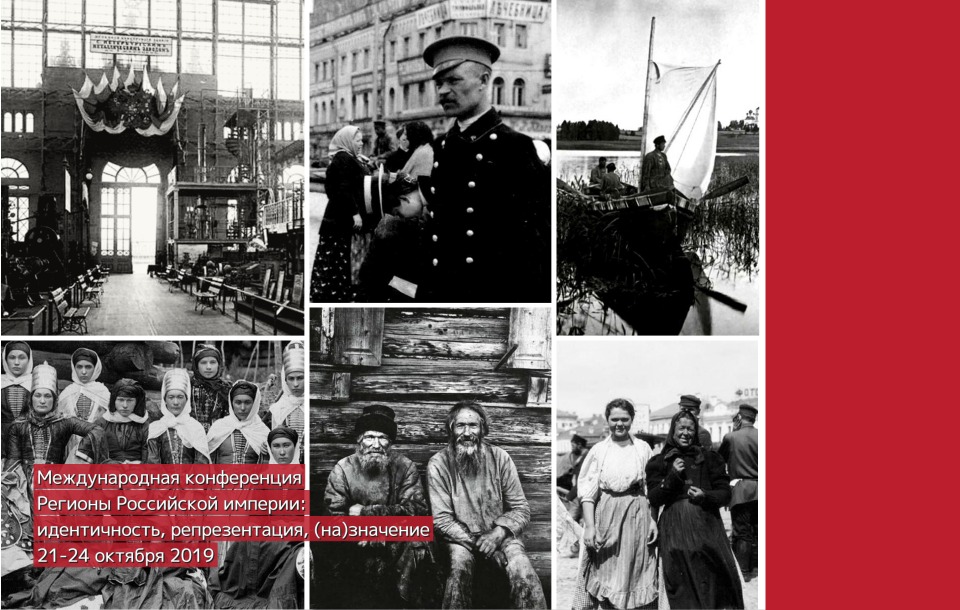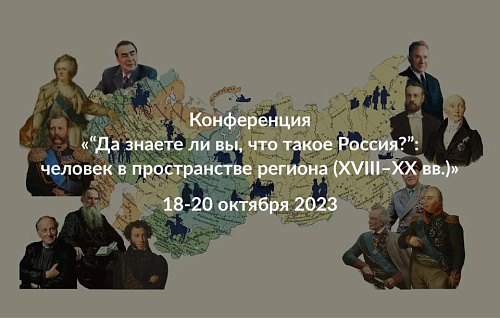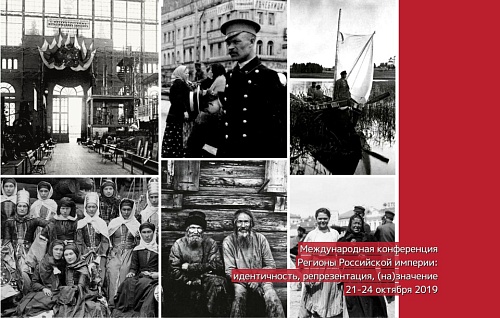Аннотация
"Is it not joyous to contemplate the building of an interconnected life—a life unprecedented—in a country born of manifold embryos?" So asked Peter Andreevich Slovtsov (1767-1843) in his two-volume Historical Survey of Siberia (1838-1842). Considered the first comprehensive history to be written by a Sibiriak, the book would earn Slovtsov a place of honor in the genealogy of Siberian regionalism. Grigorii Potanin called it a "patriotic feat"—and Slovtsov "the first Siberian patriot." In Slovtsov's day, Potanin wrote, "there were still no academic institutions, no geographic societies, no university. In Slovtsov alone was concentrated the entire intellectual life of Siberia, the entirety of her learning; he combined in himself an entire geographic society, an entire historical institute." This regionalist enthusiasm, echoed by those who have studied Slovtsov since Potanin, reflects a certain truth; it also tends to miss the extent to which Slovtsov was a man of his time—a man of the empire. This paper will spotlight the ways in which Slovtsov's Siberia was simultaneously a place of regions and also a space made whole through what he called Russia's "velikoe delo." This was the "great cause" of imperial enlightenment that utterly redirected Slovtsov's own life trajectory and, as he saw it, made "interconnected life" of "manifold embryos," producing a new place, Russian Siberia, where once was only the space of northern Asia.
Fundamental to Slovtsov's conception of Siberia was the close link he drew between its history and his own life story. A priest's son, he was born in 1767 in the Urals village of Susansk. He spent the 1780s studying at Tobol'sk Seminary and, as one of the top students in his class, was selected to continue his studies at the newly founded Main Seminary at the Aleksandr Nevskii Seminary in Petersburg. There he became close friends with his fellow seminarians, among them Mikhail Speranskii, and followed news of the French Revolution. Inspired by the latter, he delivered a radical sermon when he returned to Tobol'sk in 1793, calling monarchies without equality before the law "great tombs, which lock within themselves wretched and moaning corpses"—and doing so just months after the execution of Louis XVI in Paris. That got him exiled from Siberia, to Valaam Monastery, where after a year of labor among the archipelago's monks he was brought back to Petersburg to teach at the seminary. He then entered the civil service alongside Speranskii, serving in a variety of capacities before ascending the ranks in the Ministry of Commerce. His time in Petersburg was cut short in 1808, when he was implicated in an embezzlement scandal and, as punishment, appointed to serve the Governor-General of Siberia. In Siberia he served as Director of Irkutsk Schools (1815-20), before becoming Vizitator (Inspector) of All Siberian Schools (1820-28), spending years traveling from school to school along the roads and rivers between Kazan' and Iakutsk. Emperor Nicholas I granted Slovtsov permission to leave Siberia when he retired in 1828, but he chose to remain in Tobol'sk, where he spent his last fifteen years writing a series of introspective historical books: Letters from Siberia (1828), Two African Scipios (1830), Strolls Around Tobol'sk (1834), and Historical Survey of Siberia (1838-43).Mark Soderstrom
PhD, Aurora University, USA








